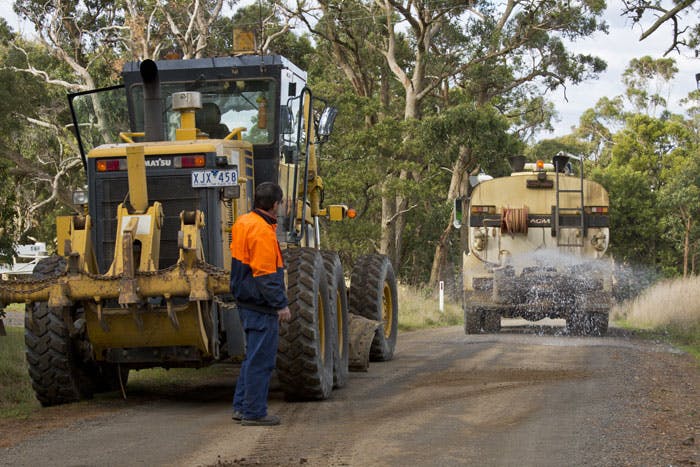Rural Roadside Management
Consultation has concluded
Did you know that Mitchell Shire Council manages 1184km of rural roads?
To assist in managing the values and uses of our rural roadsides and ensuring compliance with legislative requirements, Council has commenced the review of the existing Mitchell Shire Rural Roadside Code of Practice (2007).
This process has resulted in the development of the Draft Rural Roadside Environmental Management Plan (RREMP) which is now available for public comment.
At the 14 December 2015 Council meeting, Council resolved to extend the public exhibition period of the Draft Rural Roadside Environmental Management Plan to obtain additional community feedback.
The Draft Rural Roadside Environmental Management Plan is now available for comment until Sunday 14 February 2016.
This survey has been designed to assist in making a submission, however please feel free to provide a written submission in your own format if you prefer. Written submissions can be emailed to Mitchell@mitchellshire.vic.gov.au or mail to 113 High Street, Broadford VIC 3658.
To complete the survey please register or sign in to Engaging Mitchell.




